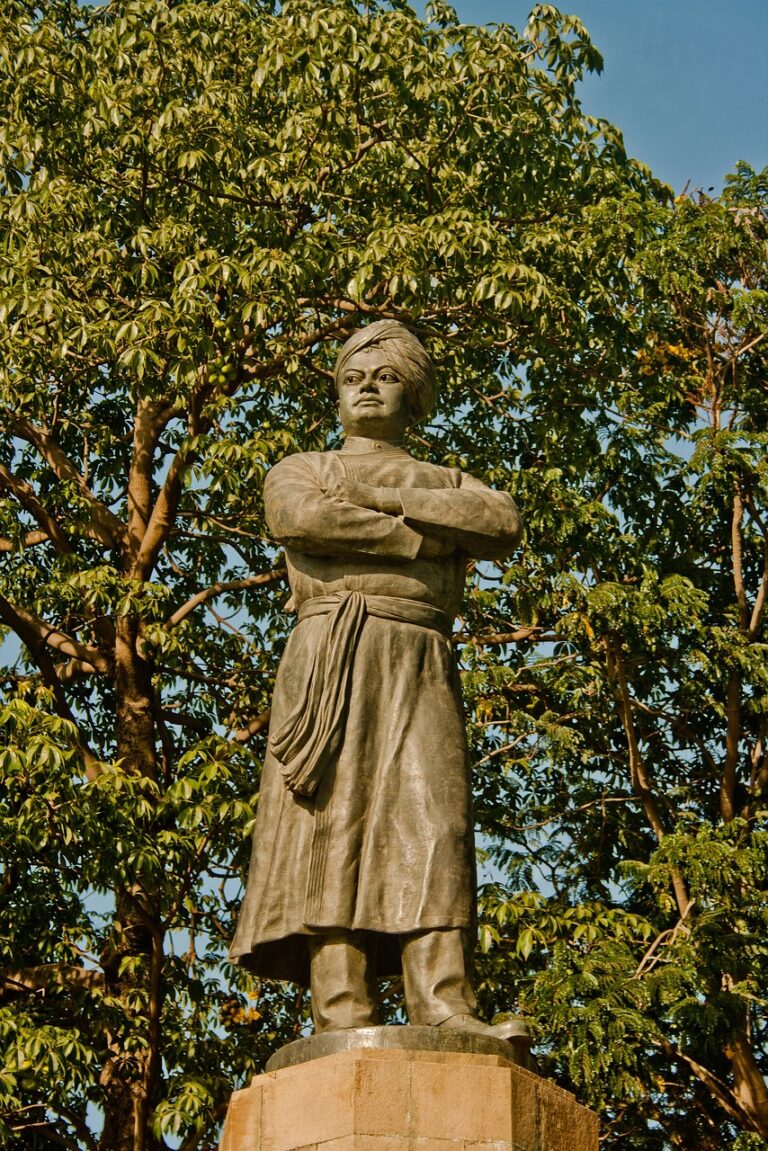
Geneva: The decision by Afghanistan’s de facto authorities to ban women from working in humanitarian non-governmental organizations is a major blow for vulnerable communities, for women, for children, and for the entire country, Principals of the Inter-Agency Standing Committee on Afghanistan, stated in a joint statement here.
Female staff are key to every aspect of the humanitarian response in Afghanistan. They are teachers, nutrition experts, team leaders, community health workers, vaccinators, nurses, doctors, and heads of organizations. They have access to populations that their male colleagues cannot reach and are critical to safeguarding the communities we serve. They save lives. Their professional expertise is indispensable. Their participation in aid delivery is not negotiable and must continue.
Banning women from humanitarian work has immediate life-threatening consequences for all Afghans. Already, some time-critical programmes have had to stop temporarily due to a lack of female staff. This comes at a time when more than 28 million people in Afghanistan, including millions of women and children, require assistance to survive as the country grapples with the risk of famine conditions, economic decline, entrenched poverty and a brutal winter, the statement said.
“While humanitarian organizations continue to engage the de facto authorities, we cannot ignore the operational constraints now facing us as a humanitarian community. We will endeavour to continue lifesaving, time-critical activities unless impeded while we better assess the scope, parameters and consequences of this directive for the people we serve. But we foresee that many activities will need to be paused as we cannot deliver principled humanitarian assistance without female aid workers,” the signatories to the statement said.
“We remain resolute in our commitment to deliver independent, principled, lifesaving assistance to all the women, men and children who need it,” they added.
The signatories included among others, Martin Griffiths, Emergency Relief Coordinator and Under-Secretary-General for Humanitarian Affairs (OCHA), Qu Dongyu, Director-General, Food and Agriculture Organization (FAO), Shahin Ashraf, Chair, International Council of Voluntary Agencies (ICVA) Board, (Islamic Relief), Volker Turk, United Nations High Commissioner for Human Rights (OHCHR), Achim Steiner, Administrator, United Nations Development Programme (UNDP), Dr. Natalia Kanem, Executive Director, United Nations Population Fund (UNFPA), Maimunah Mohd Sharif, Executive Director, United Nations Human Settlement Programme (UN-Habitat), Filippo Grandi, United Nations High Commissioner for Refugees (UNHCR), Catherine Russell, Executive Director, United Nations Children’s Fund (UNICEF), Sima Bahous, Under-Secretary-General and Executive Director (UN Women), David Beasley, Executive Director, World Food Programme (WFP), and Dr. Tedros Adhanom Ghebreyesus, Director-General, World Health Organization (WHO), among others.
“We urge the de facto authorities to reconsider and reverse this directive, and all directives banning women from schools, universities and public life. No country can afford to exclude half of its population from contributing to society,” the said.
– global bihari bureau




